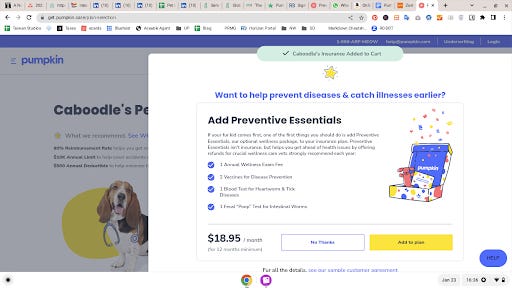
Health insurance is a vital aspect of compensation for many employers. The cost of these benefits has risen steadily over the past decade. These factors include rising deductibles and prescription drug costs, as well as the increasing cost of health system pricing. These trends are driving the increase in premiums and depressing wage growth. Employers are often frustrated by rising costs and increased administrative burdens. Some are looking for non-wage alternatives.
Employers are increasingly using wellness programs through wearable technology. One survey found that one in five employers collect data on employees' wearable devices. Although the main driver of the market for health insurance is price increases, employers are now looking at other payment options to keep their employees healthy.
The Congressional Budget Office predicts that in the next ten-years, the number Americans who receive health coverage through employer-sponsored programs will remain at the current 159 million. It means that tax-preferential health insurance will not change. In 2019, the cost of single coverage for a household will still exceed 9.86%.

Premiums include not only the cost for health insurance but also the cost of deductibles. About 25% of Americans have a deductible less than $2,000. This is the reason why many companies are opting for a self-insured plan, which is a way to reduce the overall cost of the benefits. Self-insured plans save money when claims are low. However, if the claim exceeds expectations, the employer may have to pay more.
The employee's age group determines the rate for small groups. Massachusetts's average annual wage for workers under 25 is $1186, while Massachusetts's average annual rate for those over 25 is $6,896.
Larger employers can have greater control over their plan coverage. Many large employers offer biometric screenings for their employees. Employers also have the option of a wellness program that encourages employees to seek out lower-cost providers. The public sector also has the ability to tailor health care plans for employees.
The Affordable Care Act will shift employers with 51 to 100 employees into a merged health insurance market in 2016. Premiums will increase for these employers by up to 9 percent. State governments are also required to set a rate annually. Every year, those who don’t offer affordable plans will be subject to a $3480 penalty.

Some small employers may need to make additional contributions in order to subsidize their employees' health insurance. Massachusetts employers are required by law to contribute $50 annually per employee.
Despite these requirements however, there is still a decrease in the number of employers that offer health insurance. Many small employers are dissatisfied with the uncontrollable costs of benefits, after a decade filled with rapid increases. These rates of health insurance aren't increasing for most employers but some are still struggling with employees to keep them.
The difficulty of keeping employees on board is growing as the unemployment rate continues to be low. Employers face this problem. If they don't offer health insurance to their employees, they will face a penalty of $2,320 per employee. In addition to the fines, COBRA is a law that requires employers and employees to provide continuous health care.